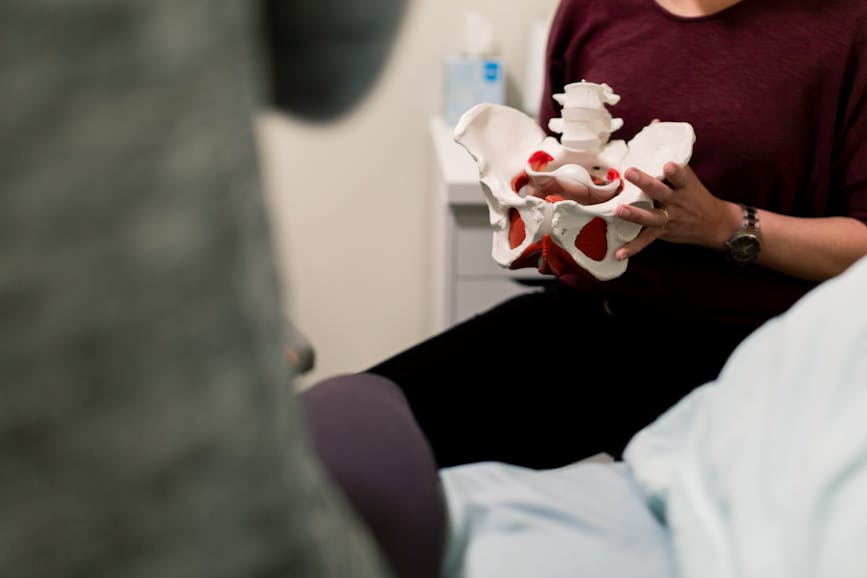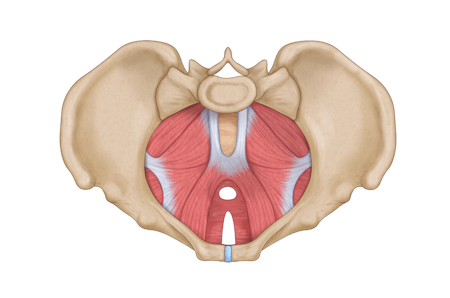HealthWhat to Expect
How should I prepare for my appointment?
You do not need to wear any special clothing. Please complete the assessment forms the clinic sends you prior to your appointment.
How long does the assessment take?
The initial assessment is approximately 1 hour and follow up appointments are approximately 45 minutes.
What services are provided at the initial assessment?
The physiotherapist will discuss all of the risks and benefits of treatment with you before carrying out the treatment. Upon completion of the assessment, the physiotherapist will then create a customized treatment program tailored to your needs.
Step 1: Reviewing the intake forms
You understandably may feel nervous or apprehensive before meeting with your physiotherapist. You are not entirely sure what to expect, you don’t understand how physiotherapy can help your problem, and you know that you will need to discuss some things that are very personal and/or upsetting to talk about. The physiotherapist will spend a lot of time that first session putting you at ease and explaining what is going to happen and how physiotherapy can help.
Step 2: External exam
The external exam consists of the physiotherapist assessing your standing posture, the connective tissue, functional movement, range of motion and trigger points around the hips, low back and abdominal areas.
Step 3: Internal exam
What is an internal exam?
Physiotherapy internal exams are different from a gynecological exam performed by your physician. The physiotherapist uses a finger, not an instrument, and is evaluating ligaments, scar tissue and the function of the pelvic floor muscles. Physiotherapists are looking for what areas are painful, the strength of the pelvic floor muscles, whether you can contract and hold your pelvic floor muscles and also whether you can release them.
Is an internal exam mandatory?
No. Deciding whether to have an internal exam is always the patient’s choice. Please discuss any questions or concerns with your physiotherapist during the appointment and examination.
What to Expect
Will the internal exam be painful?
The internal exam itself should not be painful. This exam will be very different from the internal exam at a doctor’s office. If you feel any discomfort during the internal exam, please let your physiotherapist know. In some pain conditions, after an internal exam has been performed, internal treatment of the pelvic floor is carried out. Pressure needs to be applied to trigger points in the muscles in order for the muscles to relax. This pressure can cause some discomfort and referred pain, but the physiotherapist will constantly be seeking your feedback to ensure the pain does not go above a 5/10. Once the physiotherapist releases the pressure, the pain will stop. You are in control and can tell the physiotherapist to stop at any time.
Will an internal exam be performed on the first day?
If required and IF you consent and are comfortable with having one, an internal exam will be performed. However an internal exam may or may not be performed during the first visit, depending on your past health/medical history and other assessment factors such as pain.
If you are not comfortable with having an internal exam on your first visit, or at all, there are still some things that the physiotherapist can work on and advise you to do that will help your condition improve. Sometimes patients need a little longer to establish a rapport with the physiotherapist or even to reduce their general pelvic pain in order to be able to tolerate an internal examination and treatment.
Is an internal exam safe while pregnant?
An internal exam is safe during pregnancy if the patient is still allowed to have intercourse, and a health care provider has not restricted the patient from having an internal exam.
Step 4: Education and Exercises
It can be hard to get through all of the history and the examination within the time allotted, but the physiotherapist is likely to start giving you advice and education on the first visit about what you can do and how physiotherapy will help. They might also show you some exercises to do at home.
Step 5: Booking follow up appointments
How often you will need to see the physiotherapist is highly variable and unique to the individual based on the findings during the exam.
©Lynn Sweeney, Physiotherapist
Bsc. Kin, MPT



